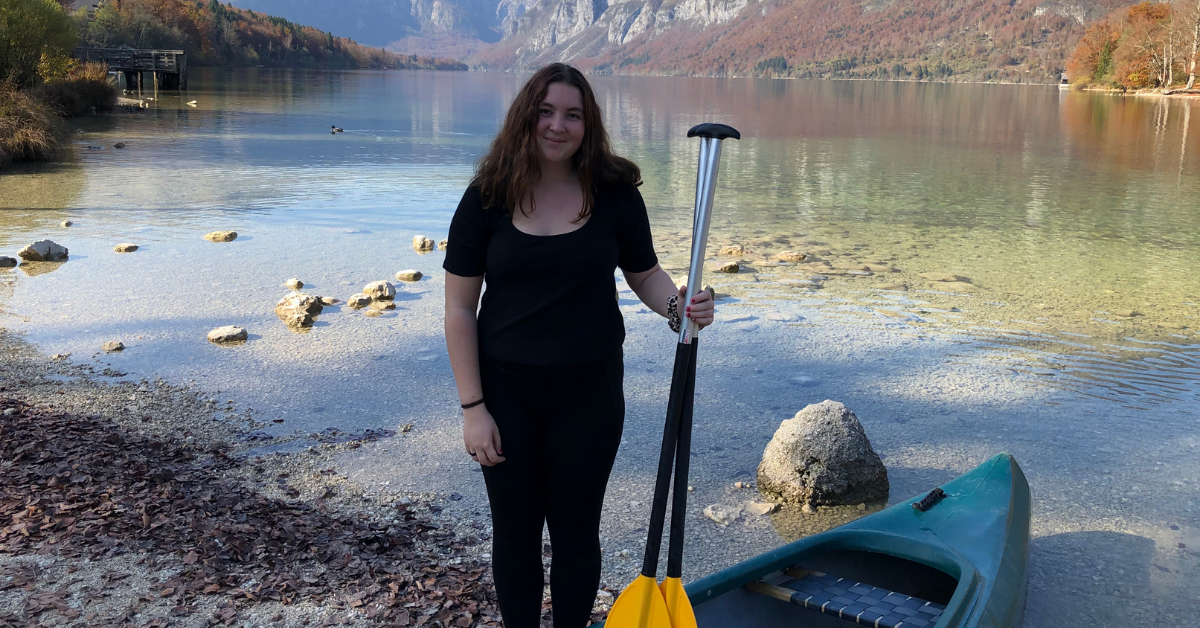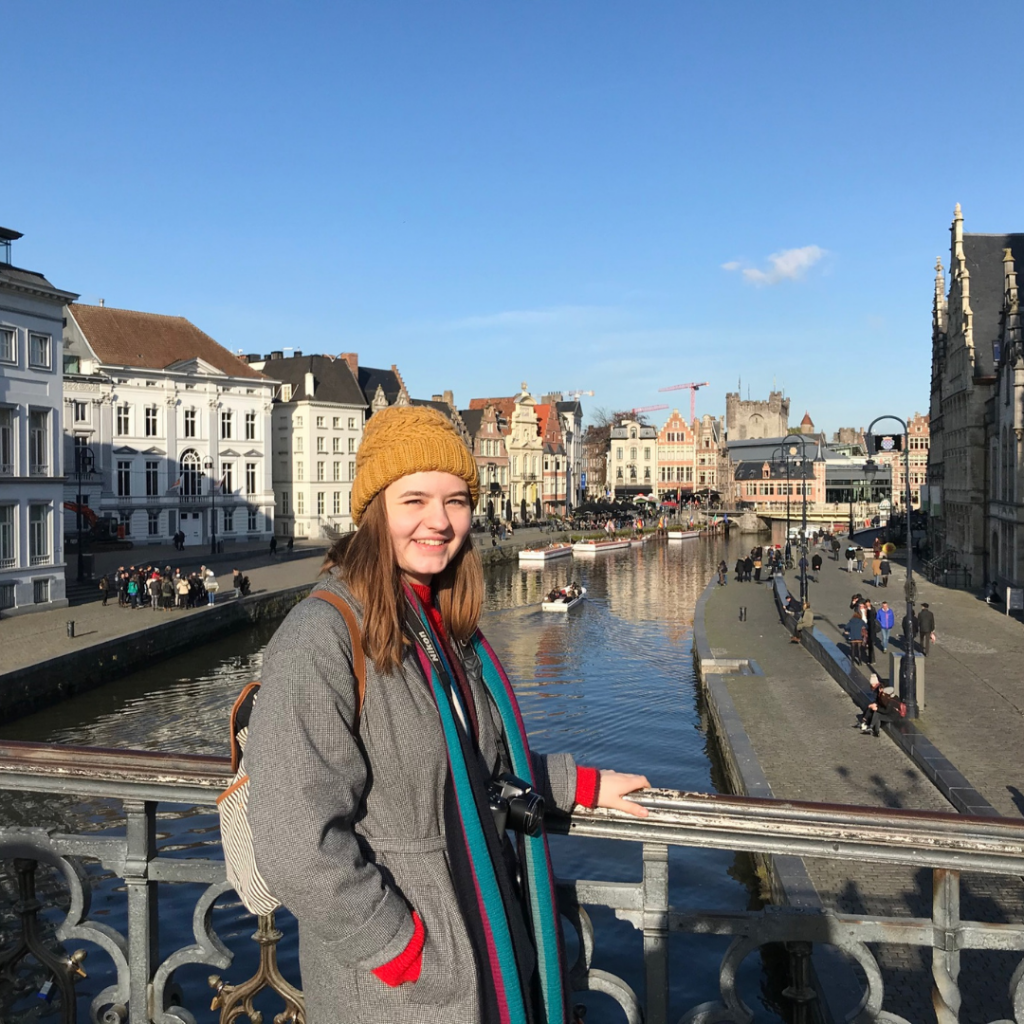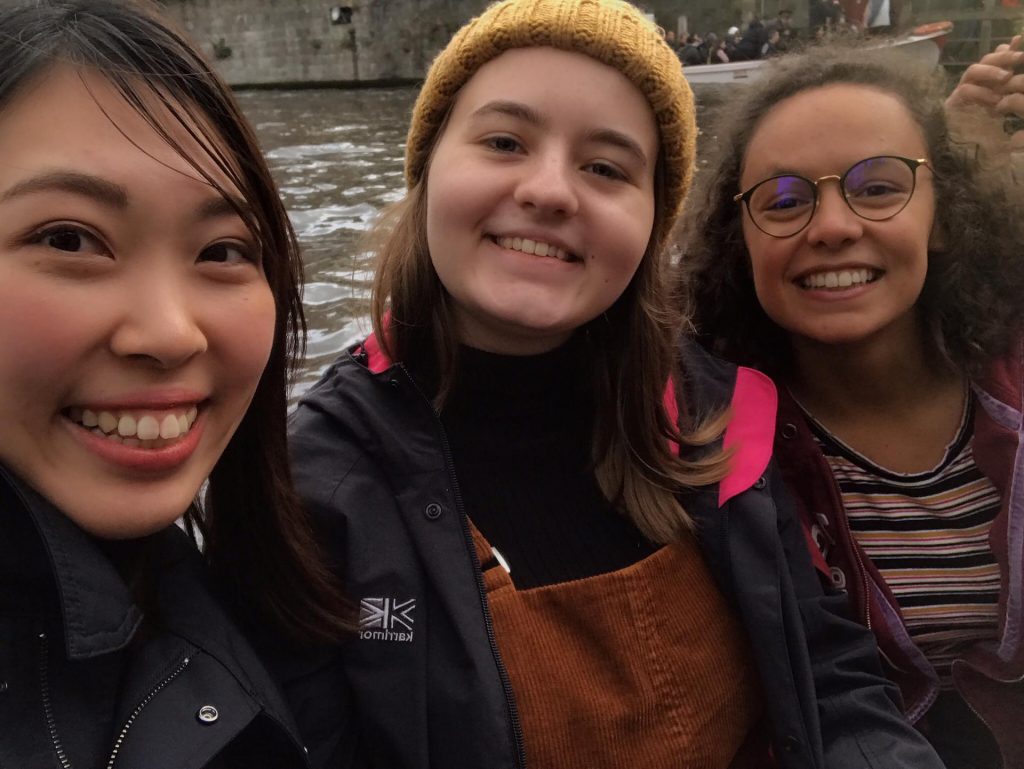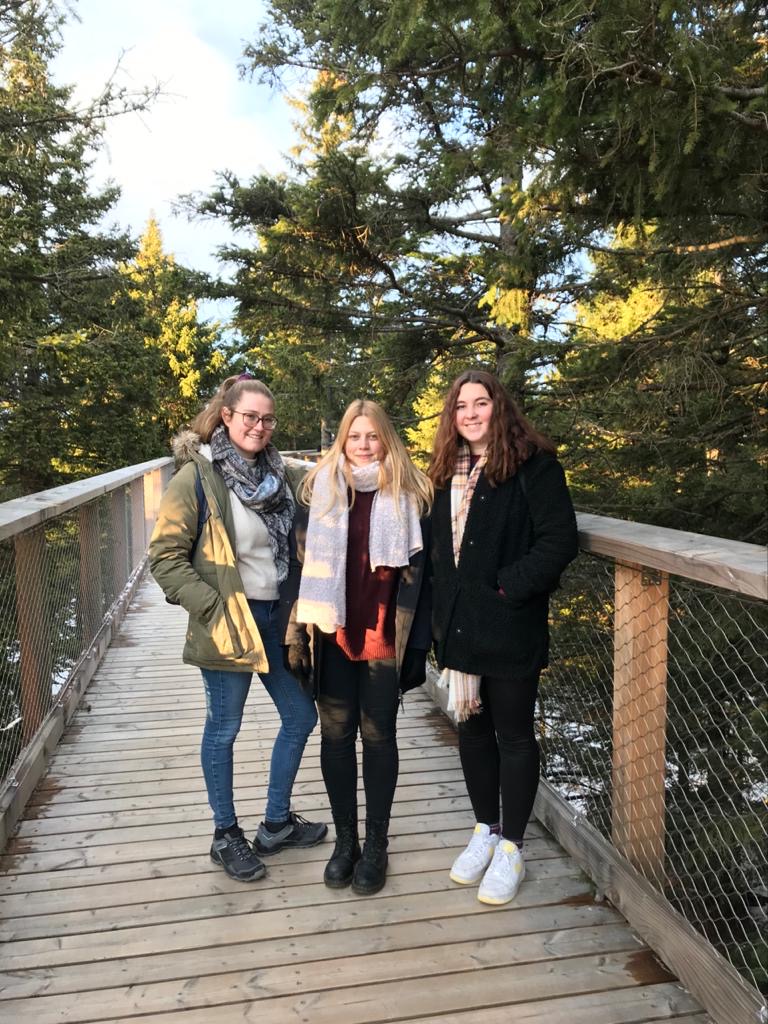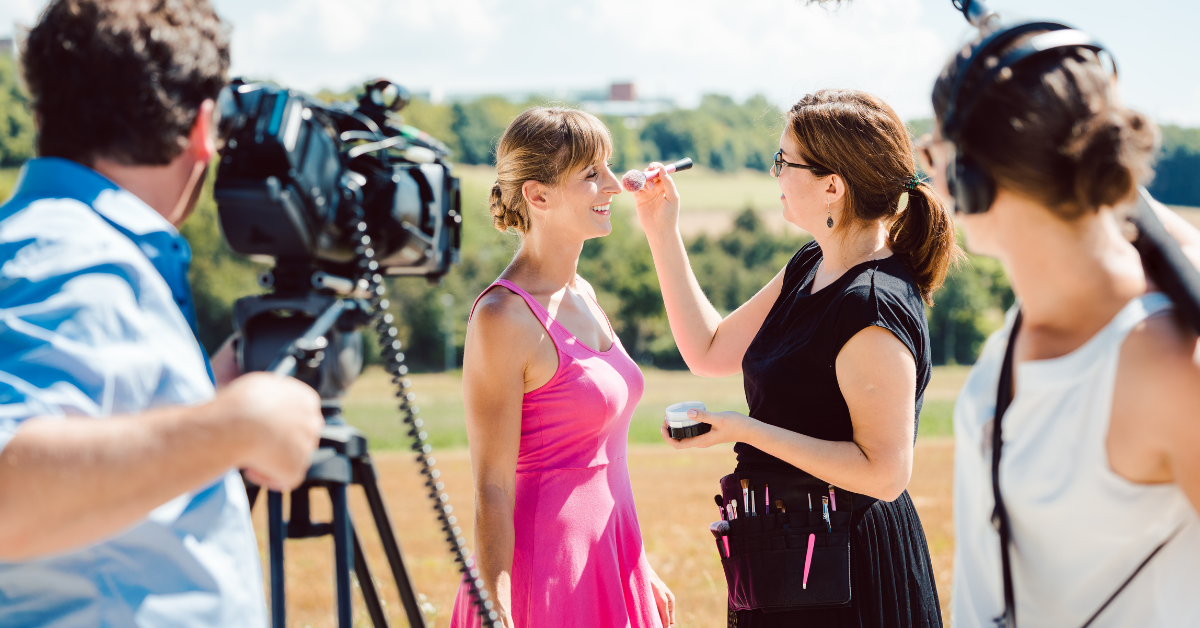
A degree might be the main reason you go to university, but as Órla Mallon, a third year Liberal Arts student and blogger from our MEDIA programme discovered, there is so much more to gain from the Queen’s experience. Here, she lists 8 things she’s gained on top of her parchment.
- New Friends
This might be an obvious one – but maybe the most important! At Queen’s, you’ll get the opportunity to make new friends, and forge a lifelong relationship, at every turn. Although this year has been a little different, Queen’s runs many events (either in person or online) during Freshers week, and more throughout the academic year, giving you a chance to socialise! If you decide to live in Queen’s accommodation, you’re sure to become best friends with your fellow students.
2. Degree Plus
We all have hobbies or activities we love to do – at Queen’s you could get a formal recognition of them! Degree Plus is an award that formally recognises your extracurricular experiences, and is sponsored by employers. With over 100 activities that you can participate in, you’ll be spoiled for choice! From volunteering to peer mentoring and learning sign language (BSL), these skills deserve recognition. You can get an extra accreditation on top of a degree, build networks and gain experience for your future career – what’s not to love? To find out more, click here.
3. You could meet your partner!
We can’t guarantee it, but it does look like love is in the air around the Queen’s campus. Just take a look at some of these Queen’s Love Stories. You never know who you might run into at Queen’s!
4. Career opportunities are endless
Your dream career is never too far away at Queen’s. Our Careers, Employability and Skills Service is always on hand to help you find your way into the world of work. No matter what career path you are interested in, there is always an opportunity to get ahead. They run careers and placement fairs, give you advice when it comes to interviews and CVs, and Queen’s is ranked 11th in the UK for career prospects after 15 months! Students can access virtual 1-2-1 appointments to hear how to make the most of their degree. Check out the Careers page to see all the opportunities.
5. Belfast City
Even though Belfast student life is little different this year, it still has plenty to offer Queen’s students! Our student areas are vibrant and exciting, with endless cafés, restaurants and shops to explore. Or, take a walk through Botanic Gardens, or even Cavehill for a birds’ eye view of the city.
6. Global Opportunities
Queen’s offers so many opportunities to go global – and while travel has been limited this year, there is still the opportunity to discover other cultures through virtual internships, language courses and international clubs and societies.
For all of our Global Opportunities, click here.
7. Queen’s Sport
If you love keeping active, Queen’s is the perfect place! There is world-class sporting facilities at our PEC – where students can join at a discount – and join any of our fitness classes. We also have a wide array of sporting clubs and teams to choose from. From martial arts, rugby, tennis, and gaelic football (all for men and women!), you can keep active, make new friends, and maybe win a nice trophy or two. Find out more about Queen’s Sport here.
8. Clubs and Societies
Queen’s has over 200 clubs and societies for you to join. You can help out in charitable causes, get political, or, get creative with art and photography, you can even improve your language skills from home, and that’s just a few! Not only will you be expressing yourself and making memories, but a club also always looks good on a CV! For a full list of clubs check out the SU Page!
What has made your Queen’s experience special? This year, Development Weeks is themed ‘Celebrate, Reflect, Introduce’ – send in your video to share your experience with the wider Queen’s community.
















